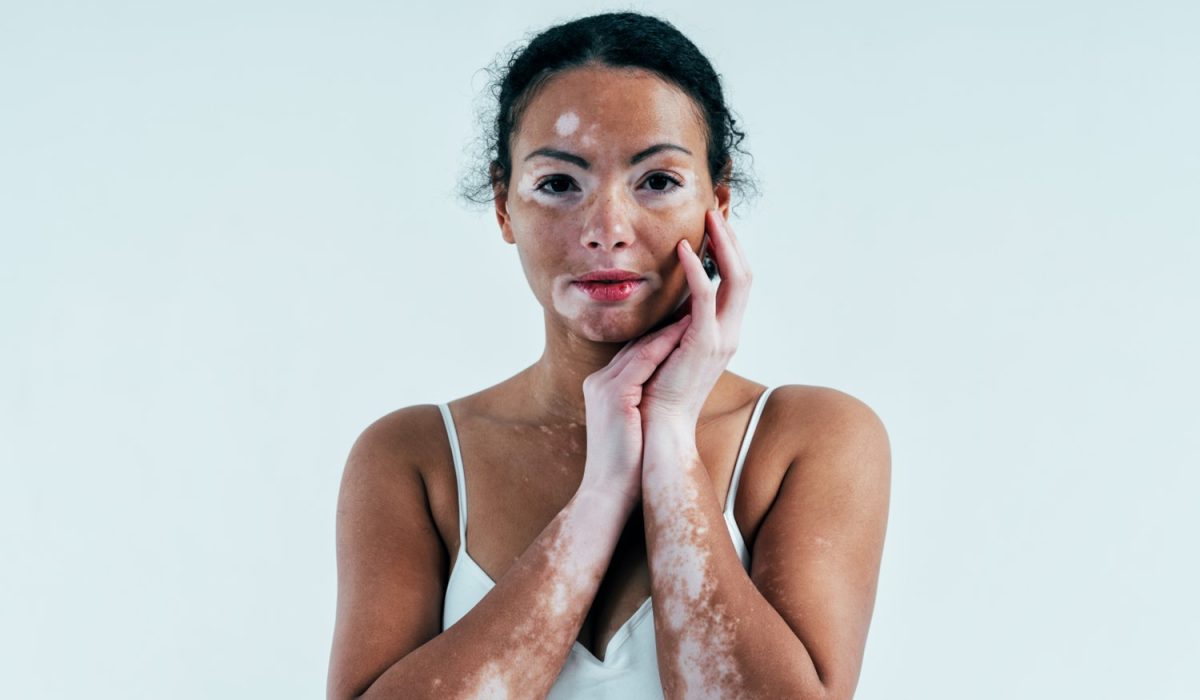Vitiligo is a condition that affects the skin’s pigmentation, causing the loss of melanin in certain areas. This results in patches of white or light-colored skin. While vitiligo is not dangerous or contagious, it can cause distress and embarrassment for those who have it. In this article, we will discuss various treatment options for vitiligo, including both medical and natural remedies.
- Topical corticosteroids: These are commonly used to treat mild cases of vitiligo. These creams contain steroids that reduce inflammation and promote the growth of new skin cells. However, long-term use can lead to thinning of the skin and other side effects.
- Topical calcineurin inhibitors: These medications reduce inflammation and help to re-pigment the affected areas. They are often used in combination with other treatments.
- Phototherapy: This involves exposing the skin to UVB light, which can stimulate the growth of new skin cells and re-pigment the affected areas. This treatment is typically done in a dermatologist’s office.
- Excimer laser: This uses a high-intensity UVB light to target the affected areas of skin. It is often used for small patches of vitiligo and can be done in a dermatologist’s office.
- Depigmentation: In cases where vitiligo covers more than 50% of the body, depigmentation may be an option. This involves using a chemical to remove the remaining pigment from the skin, resulting in an even, white color.
- Natural remedies: While there is no cure for vitiligo, some natural remedies may help to reduce inflammation and promote skin health. These include:
- Aloe vera: This plant has anti-inflammatory properties and may help to soothe the skin.
- Ginkgo biloba: This herb may help to improve blood flow to the skin and promote re-pigmentation.
- Vitamin D: Studies have shown that low levels of vitamin D may be linked to vitiligo. Taking supplements or spending time in the sun may help to increase vitamin D levels.
In conclusion, there are a variety of treatment options available for vitiligo, including both medical and natural remedies. If you have vitiligo, it’s important to speak with a dermatologist to determine the best course of treatment for your individual case. Remember, while there is no cure for vitiligo, there are many ways to manage the condition and improve the appearance of the skin.

